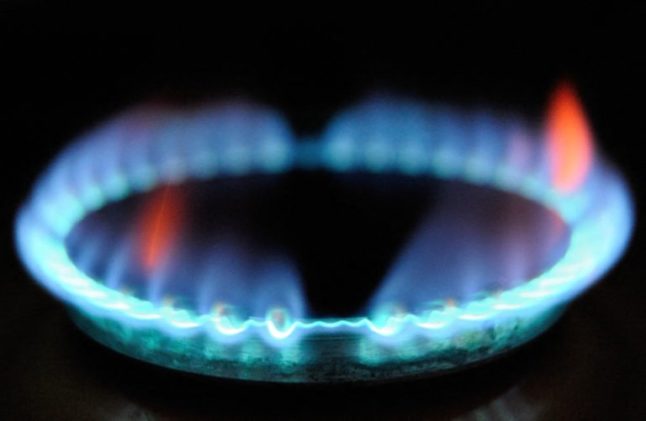Households in France will see gas bills rise again in July 2024, the head of France’s energy regulation commission (Commission de Régulation de l’Energie) Emmanuelle Wargon told French media on Sunday.
Tariffs are expected to go up by between 5.5 and 10.4 percent, according to figures published by the CRE last week.
How much would that amount to for households?
A 5.5 percent increase would mean an extra €7.30 per month for the average customer that uses gas to heat their home. This would represent an increase of €87.60 per year.
For those using gas only for hot water and/or cooking, the increase would be closer to 10.4 percent, equal to €2.20 per month. This would represent an increase of €26.40 per year.
Why the increase?
Households may be surprised that gas tariffs will go up in 2024, given the fact that the benchmark price for gas has been falling in recent months.
However, Wargon explained to Franceinfo that a lot of it has to do with decreasing gas consumption.
“An individual’s gas bill combines the price of the gas molecule itself, as well as the fact that gas has to pass through pipes. These pipes need to be maintained, and they must be replaced when they fail,” Wargon told the French news outlet.
As such, with fewer households using gas, the cost of maintenance is spread amongst fewer customers.
“It’s good news that consumption is falling, it’s good for the planet, and it’s also good for our purchasing power, because we’re consuming less.
“But as we still need the pipes as much as ever, and as we still demand the same quality and safety, if we spread the cost of using the network amongst a smaller group, inevitably each consumer ends up paying a little bit more”, Wargon said.
A greener future
Increased tariffs will also be used to help finance a new biomethane (renewable natural gas) infrastructure, as part of the ‘energy transition’.
“[Biomethane] is produced locally, often by farmers or sometimes at waste management facilities. These facilities will need to be connected to the gas network, which is part of the tariff. These investments will help increase biomethane usage and therefore gradually reduce the proportion of fossil fuels in the gas we use,” Wargon added.
What about electricity?
In February, electricity rates went up by 8.6 percent for most households in France (those on basic rate plans), and by 9.8 percent for those on ‘peak-off-peak’ (tarifs heures pleines-heures creuses) plans.
France’s finance minister, Bruno Le Maire promised in January that this would be “the last increase for 2024”, adding that the next price rise for electricity would not be until February 2025.
On average, households will pay around €100 more per year.
A four-room home heated by electricity only could see bills increase by €18 a month, while a one-bedroom apartment heated by electricity would see increases closer to €8.30 per month, the finance ministry told French media.



 Please whitelist us to continue reading.
Please whitelist us to continue reading.
Was the reason for the price increase for electricity the same … maintenance of existing grid, construction of new power plants, etc.? 🤔